How to Start Decluttering Your Home
The bigger the chaos, the more overwhelming the journey of decluttering can feel. However, taking that initial step is crucial for not only restoring order to our homes but also for nurturing our mental health.
Understanding Attachment
We’re all guilty of forming attachments to inanimate objects, holding onto them long after their usefulness has expired. Whether it's sentimental value, the fear of needing them someday, or simply the habit of accumulation, our belongings often outstay their welcome.
Identifying Trouble Spots
Identify the areas in the home that are most cluttered or causing the most stress. This could be a kitchen countertop buried under a mountain of appliances, closets bursting at the seams with unworn clothes, or a workspace drowning in papers and knick-knacks.
Breaking It Down
Once you've pinpointed these trouble spots, break the decluttering process down into manageable tasks. Rather than attempting to tackle the entire house in one go, focus on one area at a time. Whether it's a single room, a specific category of items, or even just a corner of a room, breaking it down into smaller chunks makes the task feel more manageable.
Setting Aside Time
Set aside dedicated time each day or week to tackle these decluttering tasks. Consistency is key, so even if you can only spare 15 minutes a day, use that time wisely to chip away at the clutter. By committing to regular decluttering sessions, you'll gradually see significant progress.
The Three-Bin Approach
Equip yourself with three bins or baskets and label them accordingly: "keep," "donate/give away," and "trash." As you go through items in your chosen area, sort them into these bins based on their utility and significance. This simple sorting system helps streamline the decision-making process and keeps you focused on your decluttering goals.
Small Steps, Big Results
Remember, Rome wasn't built in a day, and neither will your clutter-free haven be. By approaching decluttering with patience, persistence, and a well-defined plan, you'll find yourself making steady progress toward a more organized and serene living space.
Before you know it, you'll be decluttering like a seasoned pro, enjoying the mental clarity and peace that comes with a clutter-free home.
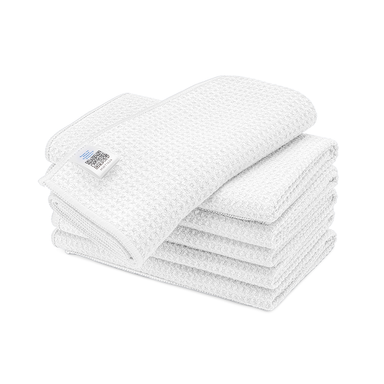









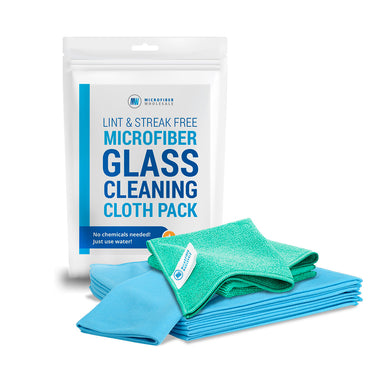
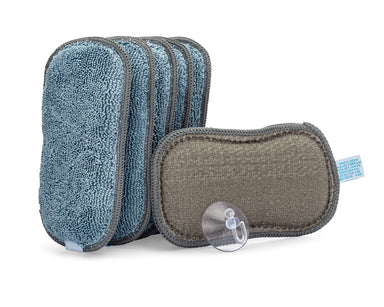
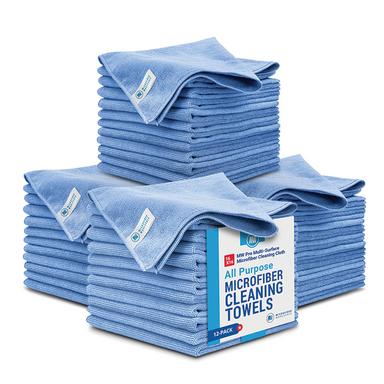
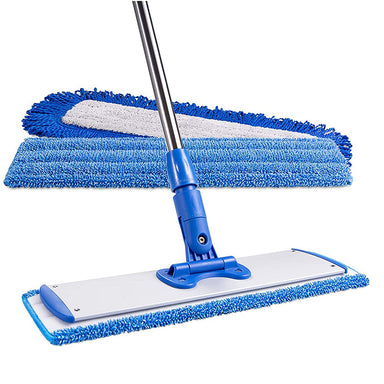








 By continuing with your order, you acknowledge and agree to the following:
By continuing with your order, you acknowledge and agree to the following: